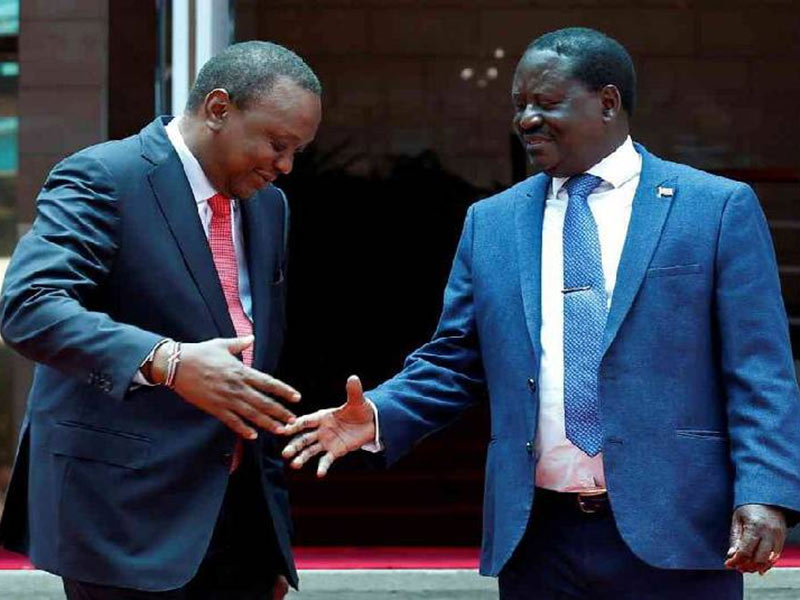
The proposal for a parliamentary system of government has revived the push for delimitation of boundaries, as the influence of who wins power shifts from tyranny of numbers that decided who would be president to numerical strength in Parliament that would determine who is elected Prime Minister.
Concerned that Mt Kenya region – which has for years banked on its huge population to influence the presidential election – is about to lose that clout, the region’s leaders have vowed to support the Building Bridges Initiative (BBI) only if it provides for constituency boundaries review to make their numbers to count.